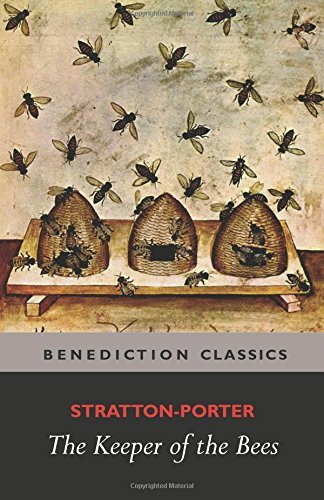What do you think?
Rate this book


324 pages, Paperback
First published January 1, 1925
You ought to see 'em salute the flag! You out to hear 'em learn the words that mean that there isn't any country in all the world so big and fine and nice to live in as the United States.